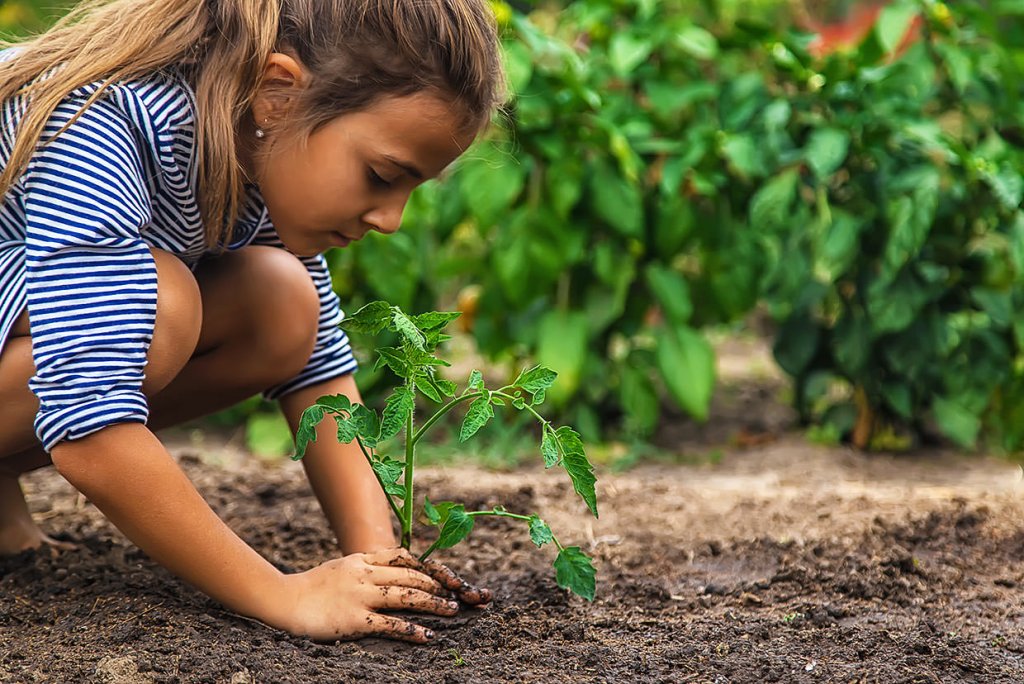Gardening is one of the most popular hobbies, and it’s even better when you can save money by picking your own produce. Gardening is great for your health, but there are some things that you can do to make the health of your garden better as well. Here are a few tips for keeping your garden healthy and producing the best results.
Keep Garden Tools in Good Condition
The easiest way to lose money with a garden (aside from ignoring the garden completely) is by not maintaining and keeping up with equipment. Store everything in a dry place so it won’t rust or get damaged by insects or weather.
Also, be sure that shovels and other tools are stored upright rather than flat so they won’t bend or warp over time.
These may all seem like little things, but $30 saved on produce in a week can be eliminated if you need to buy a new rake or wheelbarrow due to lazy maintenance.
Don’t Get Lazy With Weeds
Keeping weeds out of your garden is a crucial part of garden maintenance. In spite of their small size at first glance, weeds can quickly take over a garden and kill any plants or vegetables that are growing.
The problem with weeds is that they grow so rapidly and in such large numbers that it’s nearly impossible to eradicate them completely, especially if they are ignored at first. The easiest way to keep them in check is to stay on top of them. Spend a few minutes every day looking for weeds and pulling them out.
Using a safe weed killer that won’t kill your garden is the best choice if things get out of control.
Add a Water Feature
A water feature can create an atmosphere of tranquility and calm, helping you to unwind after a stressful day. But did you know that they can also help create a healthy garden?
You could choose from a variety of different water features, such as ponds and fountains. A spokesperson from Living Water Aeration says, “A water feature goes much further than beautifying a yard; it can also serve as a key contributor to a healthy garden.”
A pond or fountain will attract birds, butterflies, and other insects, which help with pollination. This pollination is a key step in growing many fruits and vegetables, including cucumbers, melons, and squash. During the hottest times of the year, a pond can even create a microclimate that will help lower the temperature around the pond, which is beneficial for most crops.
Fertilize From Time to Time
Maintaining a healthy and growing garden or lawn requires fertilization. Regular fertilization is important for extra nutrients. The following tips will help you choose and apply fertilizer:
- Choose a fertilizer based on the type of plant or soil you’re working with (e.g., grass, container plants, etc.).
- Apply fertilizer right after rain or when temperatures are cool to avoid burning roots.
- Watering after application will help nutrients soak into the soil where your plants can absorb them.
- Make sure your garden is healthy before applying more fertilizer. Adding fertilizer to a dead garden won’t do you much good unless you are replanting as well.
How do you make sure your garden is healthy? It’s important to identify unhealthy plants so that you can help them recover. Some of the ways to tell if a plant is unhealthy include:
- It has yellow leaves on its branches or stems
- The main body of the plant has fallen over
- It has wilted significantly
- There is no fruit or vegetable growing
If and when this happens, be sure to get rid of the dead plant and be ready to start over in that area. If it becomes a pattern, look closely at what the root (pun intended) of the problem may actually be.
If you follow all of these tips, your garden will be healthy and you will be able to save money on produce.

